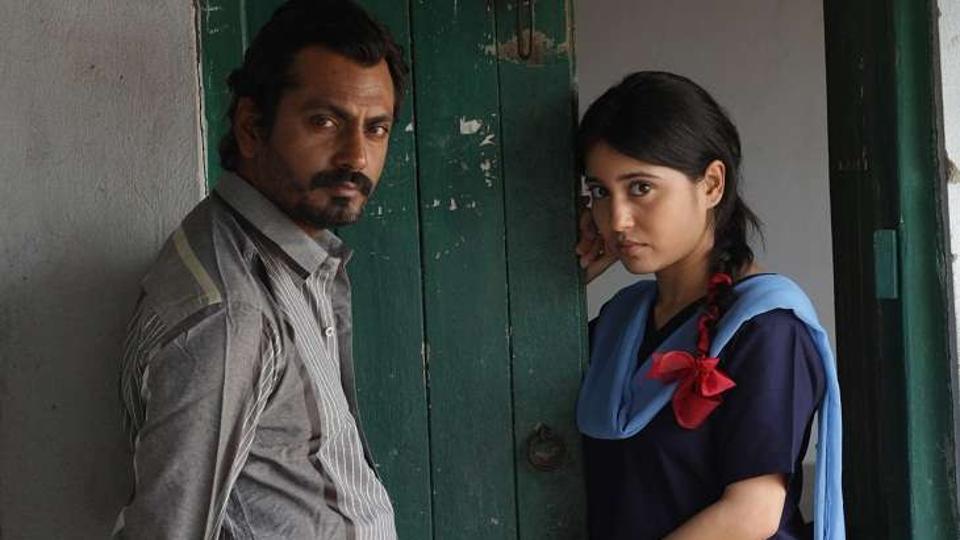Indie filmmaking, I believe, is as high on tropes and platitudes as the mainstream it has broken away from. Due to a lot of ideological reasons, you feel more betrayed by a contrived “Indie” film than a mainstream one. The industry based on a condescending promise of producing “great cinema” is bound to be judged for making something not quite.
Haraamkhor, on paper, sounds very intriguing. It’s a very risqué subject, which should automatically make for a very engaging film. All it needed was steady hands. Unfortunately, Shlok Sharma’s debut feature is a far lesser film than it could have been. It’s largely because of the lack of a nuanced script (and at times, any script) that this subject readily demands, and some really patchy filmmaking. The film feels like disjointed set of vignettes attached together.
And still, Haraamkhor is quite easy to like. For starters, it is, believe it or not, a very funny film, and it is perhaps the performances that make it that way. The incredible chemistry between the schoolboys, buddies Irfan Khan and gurudev Mohammad Samad, is where the film finds its soul, or whatever little that it manages to salvage. Their banter makes for some of the funniest scenes, although one look into their eyes would break your heart. Nawaz, as Shyam, is goofy throughout the film (I had a difficult time keeping a straight face every time he said ‘Saktimaan’). While it’s “funny” (again), because Nawaz is such a great actor, it is also misleading. I, for one, can’t put my finger on what is it that Shyam is. It’s as if his character wasn’t written, but played on a whim. He, apparently, is meant to be a sick person and that’s it.
One of the greatest highs, while watching a film, is catching something life-like on screen. It maybe a little smirk, or a simple line of dialogue, or a gaze…anything. In that moment, the film is lifted several notches for the viewer. It helps the film’s case further up, if the humour is original and everyday. I would have loved Haraamkhor had I seen it 5 years back, when independent films were only starting to get made.
The thing is, Indian cinema evolved during these years. It’s important to look beyond the surface, because it’s not fair if a film is made only for these kicks. The lack of content has been a very major factor plaguing our indie movement: plethora of them, with some fine acting all across the board, but no point to make. It’s very difficult to get these films made, and therefore one is very disappointed if they have nothing at all to offer. And still, I’m very grateful that there are people taking chances on such films; they need to be made, but at the same time, this filmmaking has to evolve.
The indie scene is this closed clique, which has made its world a throughly limited space with massive inbreeding. There have been some truly great films, too. Masaan and Ankhon Dekhi are cases in point. These films were amongst some of the most affecting Indian films of the past few years. At the end of it all, a film has to affect you. A film has to affect you along with its performances and idioms, not only because of them.
Haraamkhor is marred by the fact that it is so unnaturally uneven. It has no sense of tone, and that’s the reason why the climax is so out of place in a film like this. Kamal and Mintu’s track has some similarities with Nagaraj Manjule’s Fandry, a film that earned its climax and left me shattered. You can’t make light of the situation throughout and then deliver a “shocking” climax like this one.
That’s false, and a lot of this film is false filmmaking at play. I would have loved if it delved into the “why” of it all, because of how socially relevant this subject is. Understanding it, instead of simply being unorthodox about it, would have maybe helped peel a layer or two of the construct of our society. Instead, we have a random scene where Shyam is beating some schoolgirls.







Leave A Comment
You must be logged in to post a comment.